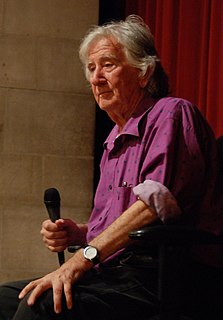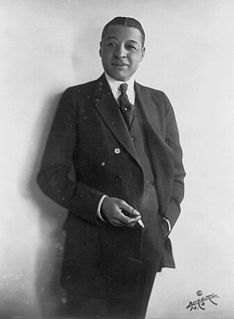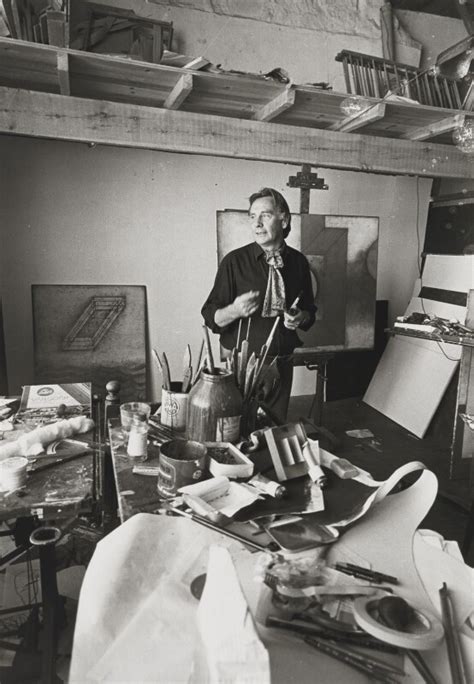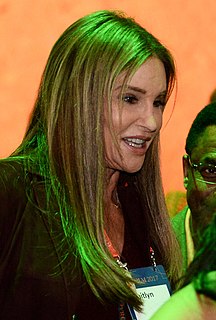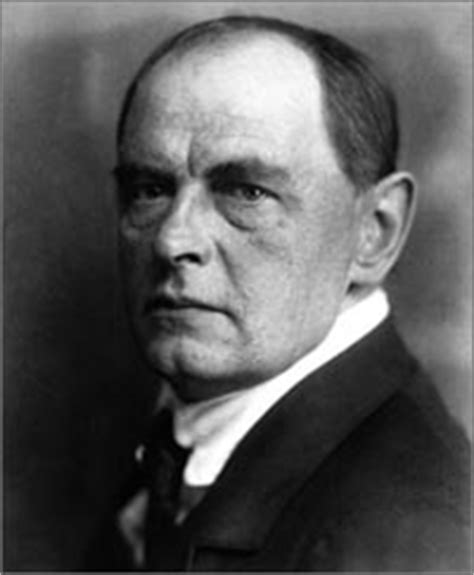A Quote by Augusto Boal
The poetics of the oppressed is essentially the poetics of liberation: the spectator no longer delegates power to the characters either to think or to act in his place. The spectator frees himself; he thinks and acts for himself! Theatre is action!
Related Quotes
Theatre has nothing to do with buildings or other physical constructions. Theatre - or theatricality - is the capacity, this human property which allows man to observe himself in action, in activity. Man can see himself in the act of seeing, in the act of acting, in the act of feeling, the act of thinking. Feel himself feeling, think himself thinking.
Here we are at the very core of the thesis we wish to defend in the present essay: reverie is under the sign of the anima. When the reverie is truly profound, the being who comes to dream within us is our anima. For a philosopher who takes his inspiration from phenomenology, a reverie on reverie is very exactly a phenomenology of the anima, and it is by coordinating reveries on reverie that he hopes to constitute a "Poetics of reverie". In other words, the poetics of reverie is a poetics of the anima.
Libertarian action must recognize this dependence as a weak point and must attempt through reflection and action to transform it into independence. However, not even the best-intentioned leadership can bestow independence as a gift. The liberation of the oppressed is a liberation of women and men, not things. Accordingly, while no one liberates himself by his own efforts alone, neither is he liberated by others. Liberation, a human phenomenon, cannot be achieved by semihumans. Any attempt to treat people as semihumans only dehumanizes them.
It appears to Nietzsche that the modern age has produced for imitation three types of man ... First, Rousseau's man, the Titan who raises himself ... and in his need calls upon holy nature. Then Goethe's man ... a spectator of the world ... Third Schopenhauer's man ... voluntarily takes upon himself the pain of telling the truth.
When a spectator approaches a painting with his own particular set of filters or theories, be they historical, political, intellectual or whatever - he either finds what he is looking for or dismisses the work as irrelevant. He has deprived himself of the possibility of any fresh experience or revelation by looking only for confirmation of that which he already 'knows.
A champion plays the game; a spectator observes, criticizes and never really gets to live. A champion knows what he or she wants and goes after it with carefully calculated goals and no-holds-barred action. A spectator feels that his or her life is not their own. They let others dictate their destiny. They become victims of life instead of masters of it.
I will begin with what in my opinion is your lack of restraint. You are like a spectator in a theatre who expresses his enthusiasm so unrestrainedly that he prevents himself and others from hearing. That lack of restraint is particularly noticeable in the descriptions of nature with which you interrupt dialogues; when one reads them, these descriptions, one wishes they were more compact, shorter, say two or three lines.
